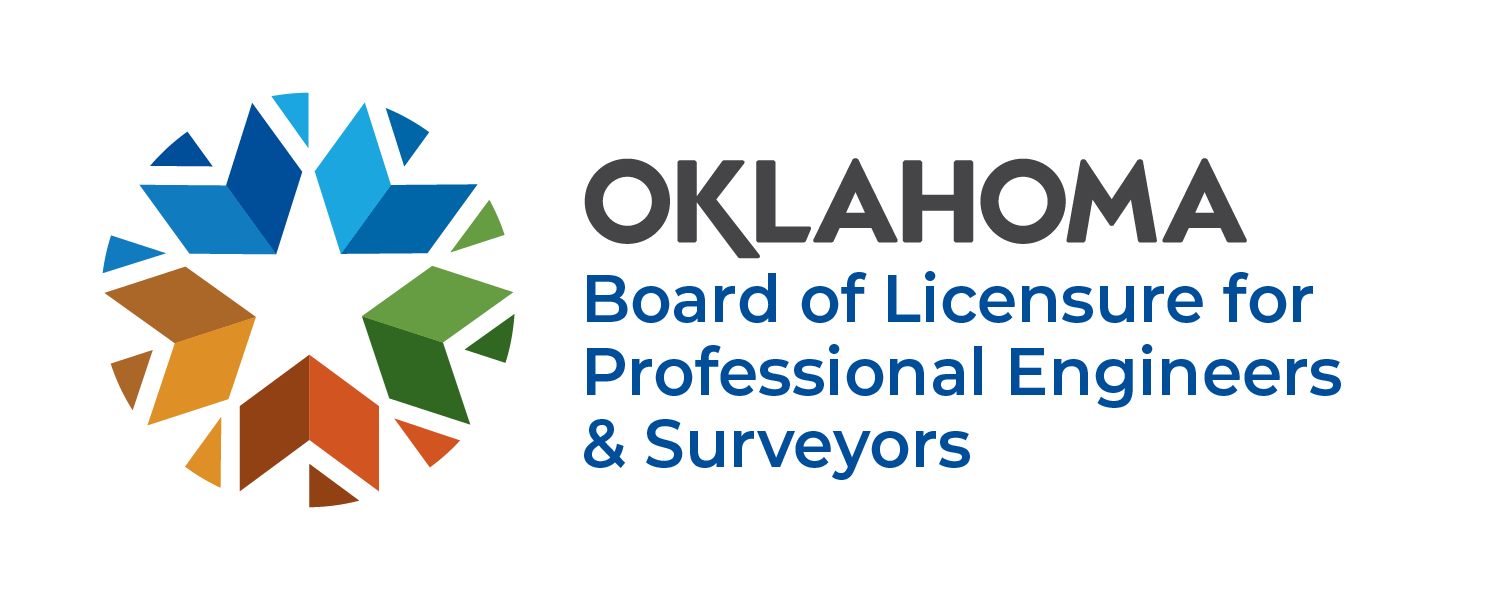245:15-9-5. Public statements
Licensees shall issue public statements only in an objective and truthful manner.
- (1) Licensees shall, to the best of their knowledge, include all relevant and pertinent information in an objective and truthful manner within all professional documents, statements and testimony.
- (2) Licensees shall express a professional opinion publicly only when that opinion is founded upon an adequate knowledge of the facts and a competent evaluation of the subject matter.
- (3) Licensees shall issue no statements, criticisms or arguments on engineering and surveying matters which are inspired or paid for by interested parties, unless they explicitly identify the interested parties on whose behalf they are speaking, and reveal any interest they have in the matters.
- (4) Licensees shall not knowingly provide false or incomplete information regarding an applicant in obtaining licensure.
- (5) Licensees shall comply with the licensing laws and rules governing their professional practice in each of the jurisdictions in which they practice.
245:15-9-6. Conflict of interest
Licensees shall act in professional matters for each employer or client as faithful agents or trustees, and shall avoid conflicts of interest.
- (1) Licensees shall make full prior disclosures to their employers or clients of all known or potential conflicts of interest or other circumstances which could influence or appear to influence their judgment or the quality of their services.
- (2) Licensees shall not accept compensation, financial or otherwise, from more than one party for services pertaining to the same project unless the circumstances are fully disclosed to, and agreed to, in writing by all parties who compensate the licensee. Compensation shall be deemed anything of value and shall not be limited to the payment of money.
- (3) Licensees shall not solicit or accept financial or other valuable consideration, directly or indirectly, from any party, including contractors, suppliers, manufacturers, distributors, or an agent of any party in consideration for specifying or influencing others to use or select services, products, or processes in connection with work for which the licensee is responsible or work undertaken by a firm or entity in which licensee is an employee, officer, director, or owner.
- (4) Licensees shall not solicit or accept a professional contract from a governmental body on which a principal or officer of their organization serves as a member. Conversely, licensees serving as members, advisors, or employees of a government body or department, who are the principals or employees of a private concern, shall not participate in decisions with respect to professional services offered or provided by said concern to the governmental body which they serve.
- (5) Political contributions made in excess of legal limits shall be considered a violation of these Rules of Professional Conduct.
- (6) Licensees shall not use confidential information received in the course of their assignments as a means of making personal profit without the consent of the party from whom the information was obtained.
245:15-9-7. Solicitation of work
Licensees shall avoid improper solicitation of professional employment.
- (1) Licensees shall not falsify or permit misrepresentation of their, or their associates', academic or professional qualifications. They shall not misrepresent or exaggerate their degree of participation or responsibility in prior assignments nor the complexity of said assignments. Brochures or other presentations incident to the solicitation of employment or business shall not misrepresent pertinent facts concerning employers, employees, associates, joint ventures or past accomplishments.
- (2) Licensees shall not offer, give, solicit or receive, either directly or indirectly, any commission, or gift, or other valuable consideration in order to secure work, and shall not make any political contribution with the intent to influence the award of a contract by public authority.
- (3) Licensees shall not attempt to injure, maliciously or falsely, directly or indirectly, the professional reputation, prospects, practice, or employment of other licensees, nor indiscriminately criticize other licensees' work.
Last Modified on
Oct 17, 2024


